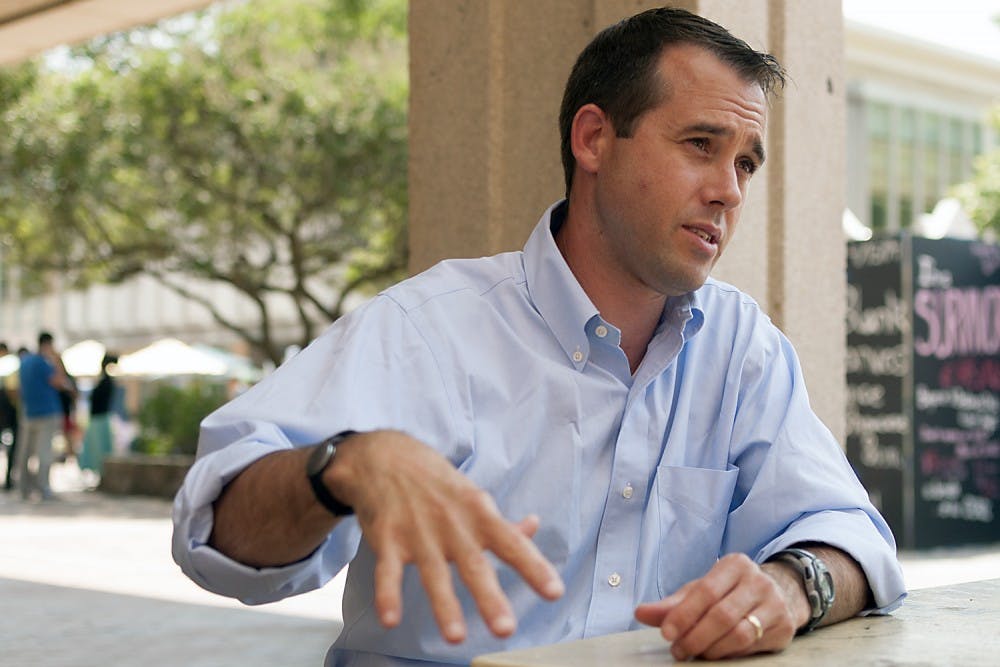UNC School of Medicine professor Dr. William Fischer II spent three weeks in Gueckedou, Guinea, fighting the Ebola breakout as a Doctors Without Borders volunteer this summer.
He sat down with staff writer Stephanie Lamm to discuss the region, the emotional toll and the possibility of containing the virus.
THE DAILY TAR HEEL: What is the process for treating Ebola patients?
DR. WILLIAM FISCHER II: There’s no antivirals or vaccines. In the past, the main treatment for Ebola outbreaks is to isolate people to stop the chain of transmission. They’ve never sent in critical care-trained physicians to run outbreak centers. We’ve seen in the past that aggressive supportive care can reduce mortality. Under ideal conditions, this model has reduced mortality to 40 percent.
We basically support the patient as much as possible until their immune system kicks in. Because they are losing so much fluid, their blood pressure is dangerously low. So as a part of the care, we gave everyone an IV, antibiotics and aggressive fluid recession.
I was a part of a team of specialists sent in to try to implement the aggressive critical care model in this treatment center. I was sent by myself to Gueckedou where there’s no running water or electricity, and I was able to reduce my mortality rate to 50 percent. I think with the proper resources, we could reduce it to 20 percent.
DTH: What was your daily schedule like in the clinic?
WF: My day starts with a bucket shower at 5 a.m. When you first arrive at the center, you check in to see who made it through the night and who died. In the morning, the humidity was so high that your goggles would fog up within 30 minutes.
Here at UNC, I’m spoiled by the incredible nursing staff. I hardly do anything compared to what they do. But there, we didn’t have the manpower. I was doctor, nurse, family member. If a patient had vomit on his shirt, I would bathe him, dress him and put him back in bed. In the clinic, we believed no one should die that way. It’s not fair to let them spend their last day like that.



